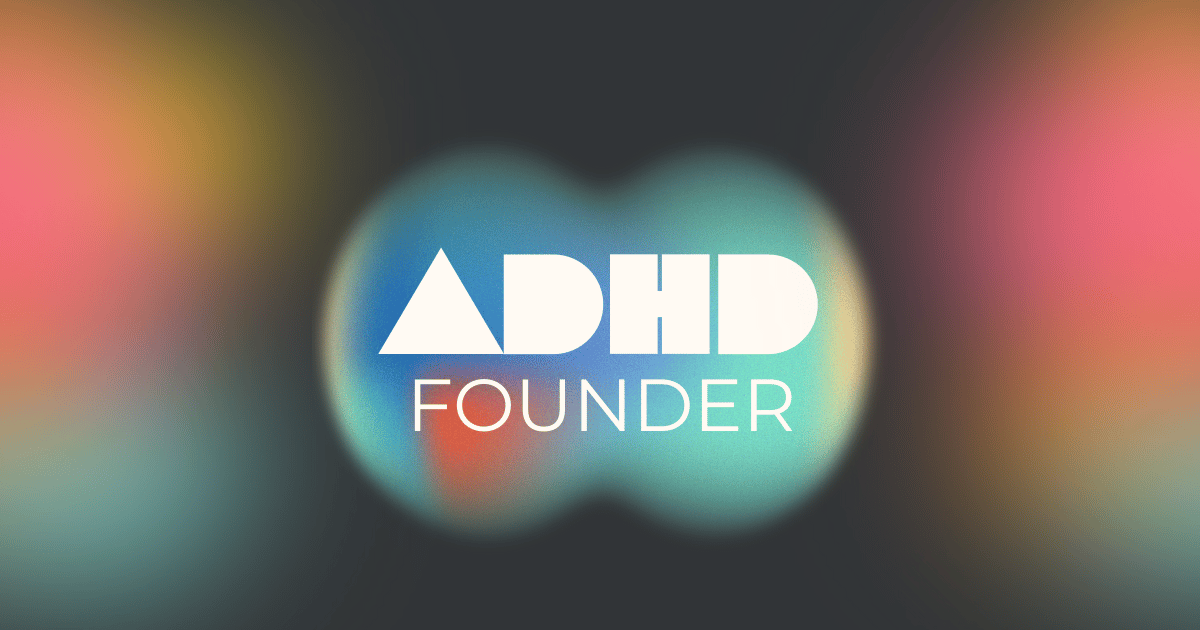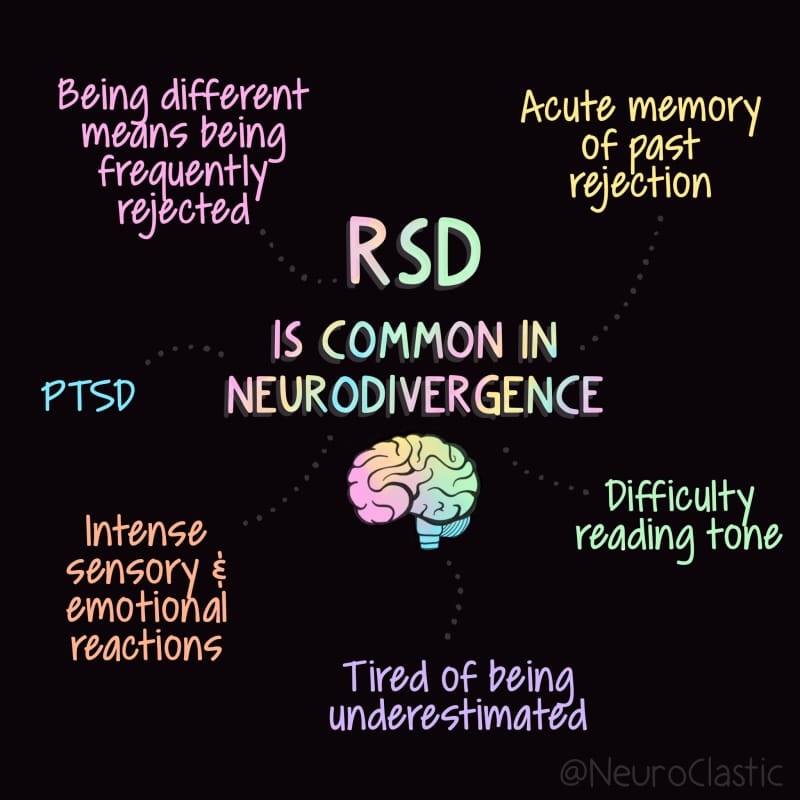- ADHDfounder
- Posts
- Rejection hits 10x harder with ADHD
Rejection hits 10x harder with ADHD
Why that “K.” text triggered a 3-day spiral

Welcome back to ADHDfounder! I once spent 45 minutes drafting an email reply.
Then I didn’t send it. For 3 days.
Why? Because the person didn’t use an exclamation point in their last message. Obviously, that meant they hated me, thought I was annoying, and secretly forwarded my email to all their friends.
Plot twist: they were chill. I was spiraling.
Rejection sensitivity isn’t just about big rejections.It’s the tiny moments we turn into emotional earthquakes.
Let’s talk about that.
Last Day! The 5-Day Dopamine Hacking Challenge starts now:
Starting March 24, 2025, join me for the 5-Day Dopamine Hacking Challenge—a science-backed system designed to help you:
🎯 Achieve consistent focus—even with ADHD.
⚡ Train your brain to work with you, not against you.
🔥 Break free from distractions and finally stay productive.
Stop relying on willpower—there’s a better way.
🚨 Secure your spot today!


How to handle rejection
ADHD rejection sensitivity (aka RSD) is like having your brain wired to a rejection early warning system—except it’s hypersensitive, always on, and terrible at its job.
Here are some scripts for reframing those intrusive thoughts before they wreck your day:
💬 “They didn’t reply.”
→ “They’re probably just as distracted as me. Follow up in 3 days.”
💬 “I must’ve said something weird.”
→ “Or I said something memorable. That’s not a crime.”
💬 “They didn’t invite me.”
→ “Maybe they thought I’d be too busy. I get to decide if I care.”
💬 “They hate me.”
→ “If they do, they’ll survive. So will I.”
These are mini mental scripts. You don’t need to believe them right away—just practice interrupting the spiral.


Why RSD feels like a full-body threat

NeuroClastic
Dr. William Dodson coined the term Rejection Sensitive Dysphoria (RSD) to describe what so many ADHDers feel but don’t have words for:
Rejection doesn’t just hurt. It burns.
Studies have shown that people with ADHD often experience emotional dysregulation and increased sensitivity to perceived criticism—even when it’s not actually there.
Some fast facts:
A majority of ADHD adults report RSD symptoms.
It often masquerades as social anxiety, but it's internal, not situational.
It can trigger avoidance, people-pleasing, or full-on rage-quits.
So how do you regulate it when the spiral starts? Start here:
Name it. Literally say: “This feels like rejection sensitivity, not reality.” Naming it creates just enough distance to pause.
Ground yourself. Text a safe person. Take a walk. Breathe into your belly. You’re not trying to “fix” it—you’re trying to ride it out.
Write the counter-story. What else could be true? This isn’t toxic positivity. It’s perspective training.
You’re not weak. You’re just wired with a nervous system that doesn’t filter social cues the same way. Learning that? Half the battle.

That’s a wrap! Rejection is redirection—let it guide your next step. Not everyone will get you, and that’s okay!
Made it this far? Here’s your small win for today: 🏆
—Eugene (ADHDfounder) ✨
⏳ Doors close soon!
